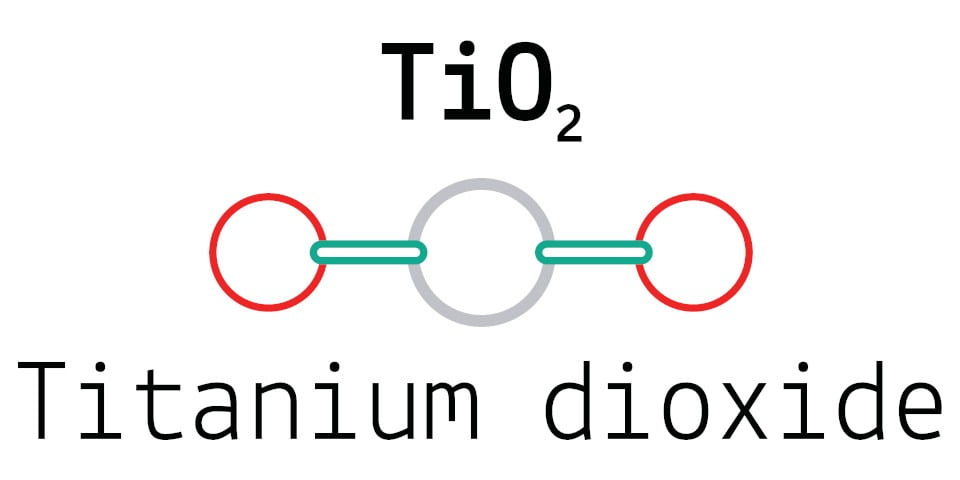University of Sydney research shows that nanoparticles, present in many food items, may have a substantial and harmful influence on human health.
With research revealing titanium dioxide nanoparticles (E171) can impact the gut microbiota, potentially leading to inflammatory bowel diseases or colorectal cancer, experts are calling for better regulation of the common additive, used in food and medicine,
The study investigated the health impacts of food additive E171, which is commonly used in high quantities as a whitening agent. Found in more than 900 food products such as chewing gum and mayonnaise, E171 is consumed in high proportion everyday by the general population.
The study of mice, published in <itals>Frontiers in Nutrition<itals>, found that consumption of food containing E171 has an impact on the gut microbiota (defined by the trillions of bacteria that inhabit the gut) which could trigger diseases such as inflammatory bowel diseases and colorectal cancer.
The study’s co-lead author, nanotoxicology expert from the University of Sydney’s School of Pharmacy and Sydney Nano Institute, Associate Professor Wojciech Chrzanowski, says the study adds substantially to a body of work on nanoparticle toxicity and safety, and their impact on health and environment.
“The aim of this research is to stimulate discussions on new standards and regulations to ensure safe use of nanoparticles in Australia and globally,” he said.
While nanoparticles have been commonly used in medicines, foods, clothing, and other applications, the possible impacts of nanoparticles, especially their long-term effects, are still poorly understood.
Despite this, E171 consumption has considerably increased in the past decade and has already been linked to several medical conditions, and although it is approved in food, there is insufficient evidence about its safety
Increasing rates of dementia, auto-immune diseases, cancer metastasis, eczema, asthma, and autism are among a growing list of diseases that have been linked to soaring exposure to nanoparticles.
“It is well established that dietary composition has an impact on physiology and health, yet the role of food additives is poorly understood,” Professor Chrzanowski said.
“There is increasing evidence that continuous exposure to nanoparticles has an impact on gut microbiota composition, and since gut microbiota is a gatekeeper of our health, any changes to its function have an influence on overall health.”
Co-lead author Associate Professor Laurence Macia from the University of Sydney said: “Our research showed that titanium dioxide interacts with bacteria in the gut and impairs some of their functions, which may result in the development of diseases. We’re saying that its consumption should be better regulated by food authorities.”









